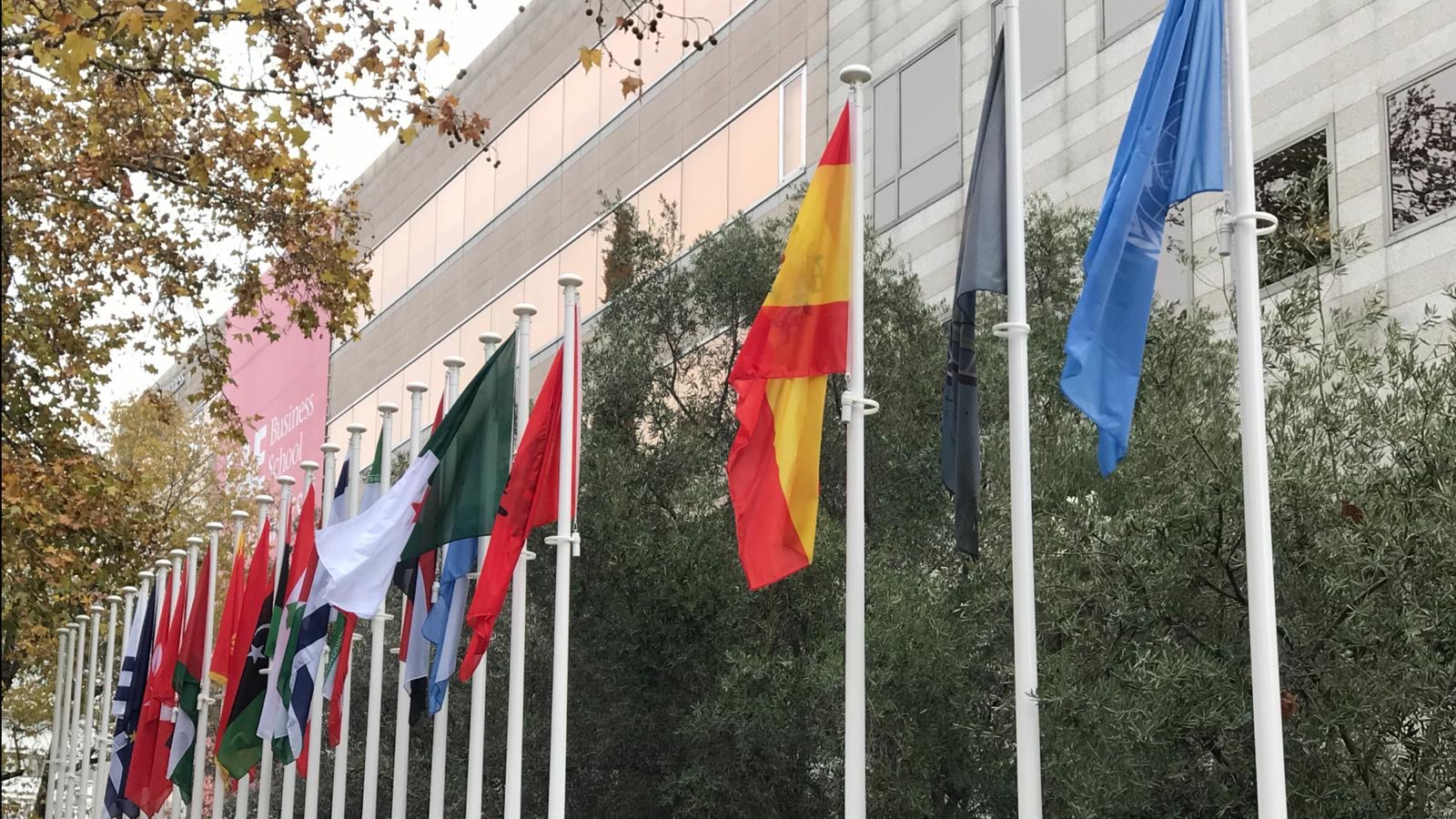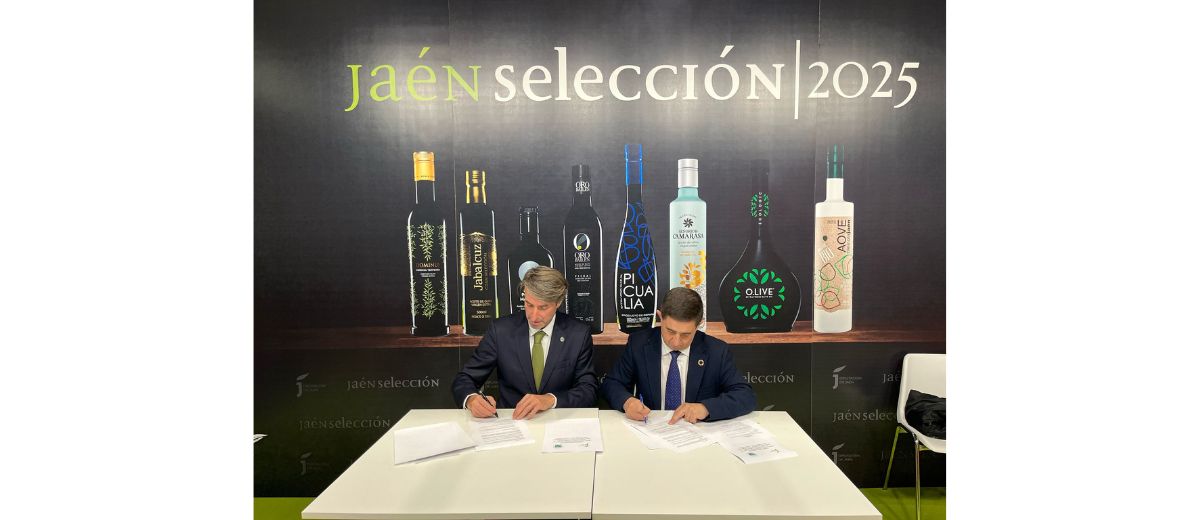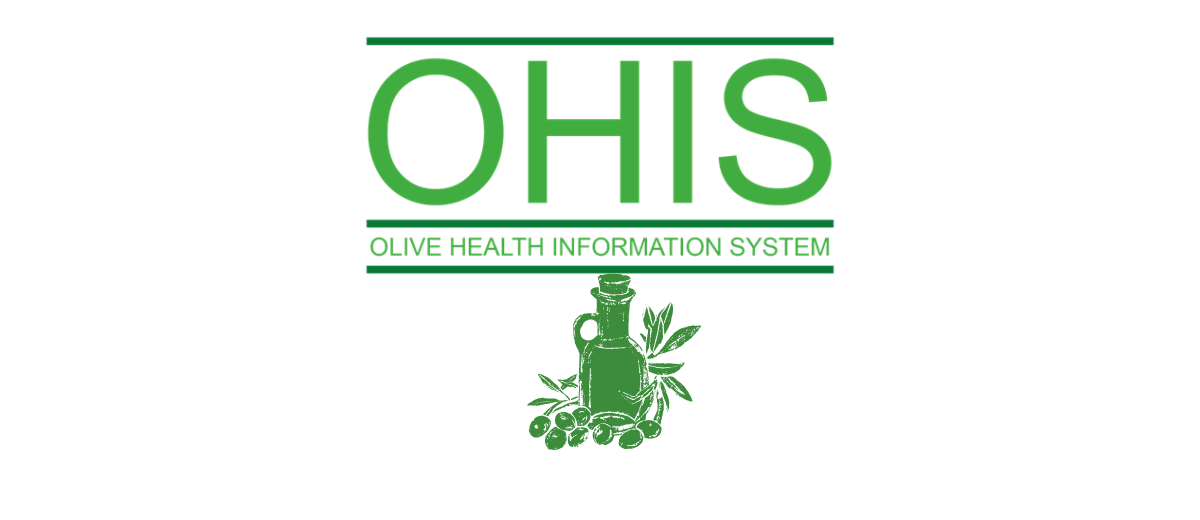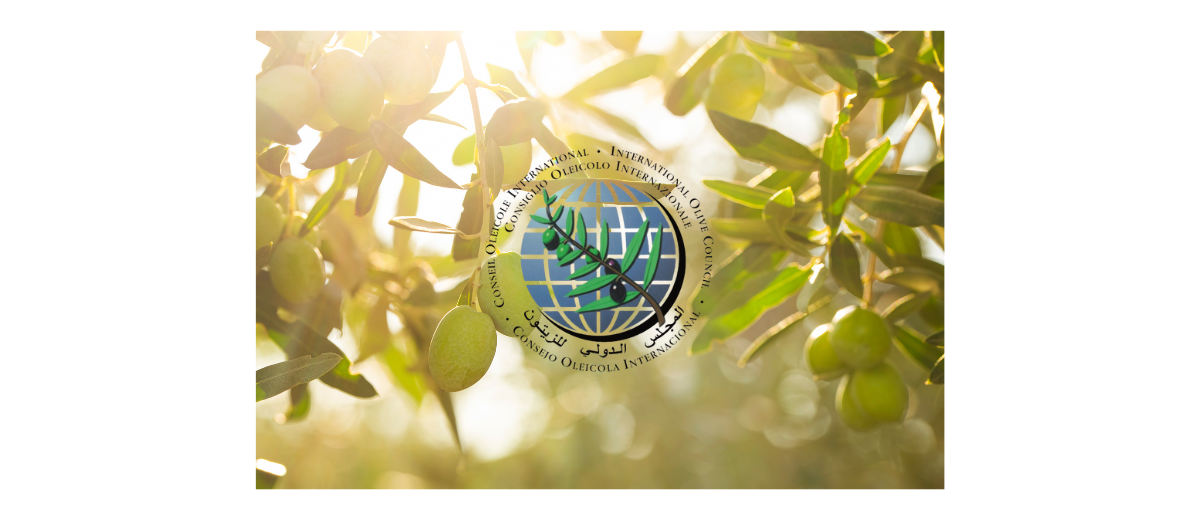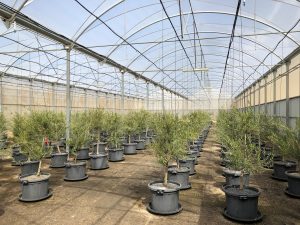 The Executive Director of the International Olive Council (IOC), Mr. Abdellatif Ghedira, and José Carlos Gómez Villamandos, the Rector of the University of Córdoba (UCO), signed an agreement for the project entitled TRUE HEALTHY OLIVE CULTIVARS 2.
The Executive Director of the International Olive Council (IOC), Mr. Abdellatif Ghedira, and José Carlos Gómez Villamandos, the Rector of the University of Córdoba (UCO), signed an agreement for the project entitled TRUE HEALTHY OLIVE CULTIVARS 2.
The signature of this agreement follows the agreement signed on 27 November 2014 between the IOC, the Consejería de Agricultura, Pesca y Desarrollo Rural de la Junta de Andalucía, the University of Córdoba and the Instituto Andaluz de Investigación y Formación Agraria, Pesquera y Alimentaria y de la Producción Ecológica para la Conservación y Uso sostenible de los Recursos Genéticos del Olivo; and the agreement signed on 28 June 2018 between the IOC and the UCO for the joint execution of the True Healthy Olive Cultivars project.
The objectives of this project are to:
1. Authenticate the most important commercial cultivars found in the BMGO-UCO collection and in particular those of commercial interest for the germplasm banks on the IOC network;
2. Verify the presence or absence of the pathogens indicated in the project according to the European Directive (Council Directive 2008/90/EC, Implementing Council Directive 2014/98/EU and EPPO PM/4/17): Xylella fastidiosa, Verticillium dahliae, Pseudomonas savastanoi, ArMV, CLRV, SLRV, Meloidogyne Spp. and Xiphinema;
3. Eradicate the corresponding pathogens in the event of a positive diagnosis;
4. Establish mother plants from initial plant material in the international repository of commercial olive varieties of the germplasm bank BGMO-UCO, to obtain healthy and authentic initial material;
5. Provide the participating national germplasm banks with plant material that is genetically and morphologically authenticated and healthy, ready for use and of international commercial interest.
This plant material will be the initial mother plant to be used for propagation in nurseries in IOC member countries;
6. Guarantee the identification and varietal denominations that shall facilitate the preparation of a future catalogue of the main commercial varieties.
The active participation of the olive germplasm banks of the IOC network will be fundamental to the success of this project. This will in turn help establish a global network for the conservation of olive gene resources that are authentic and sanitised, and for the use of these olive gene resources in different environments and climates. This project also aims to form a base instrument for certifying the main varieties used in international trade.
